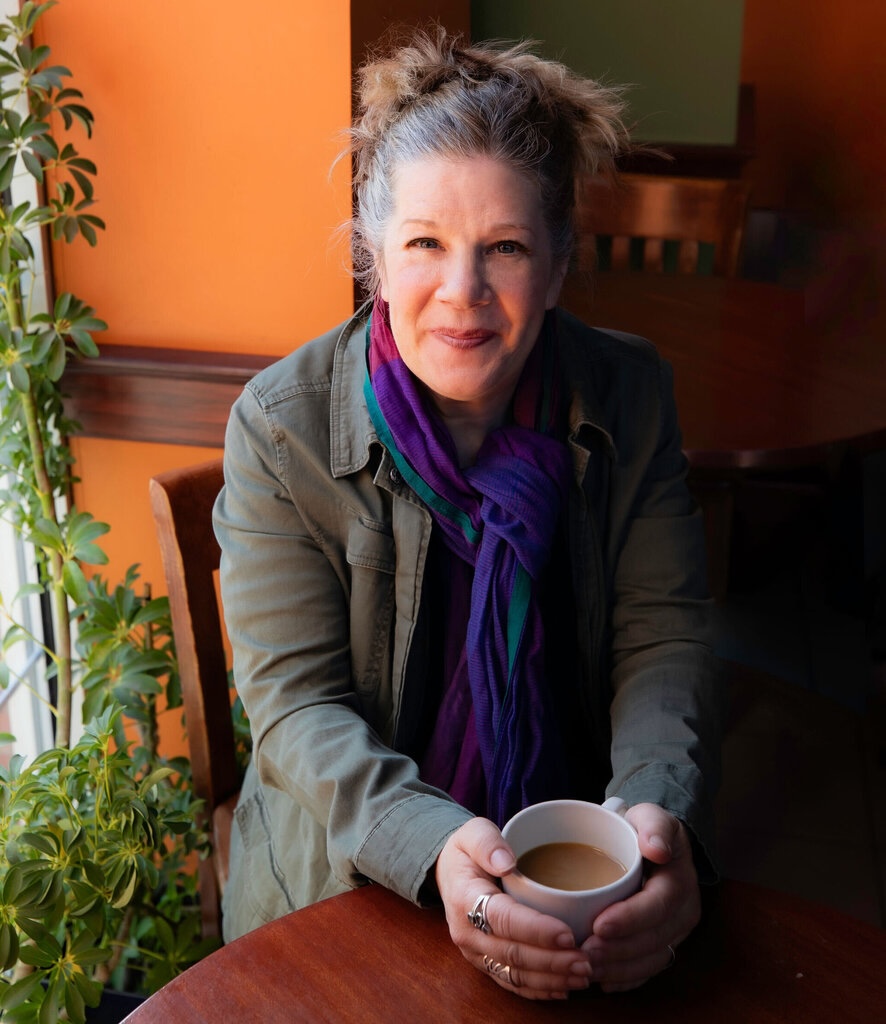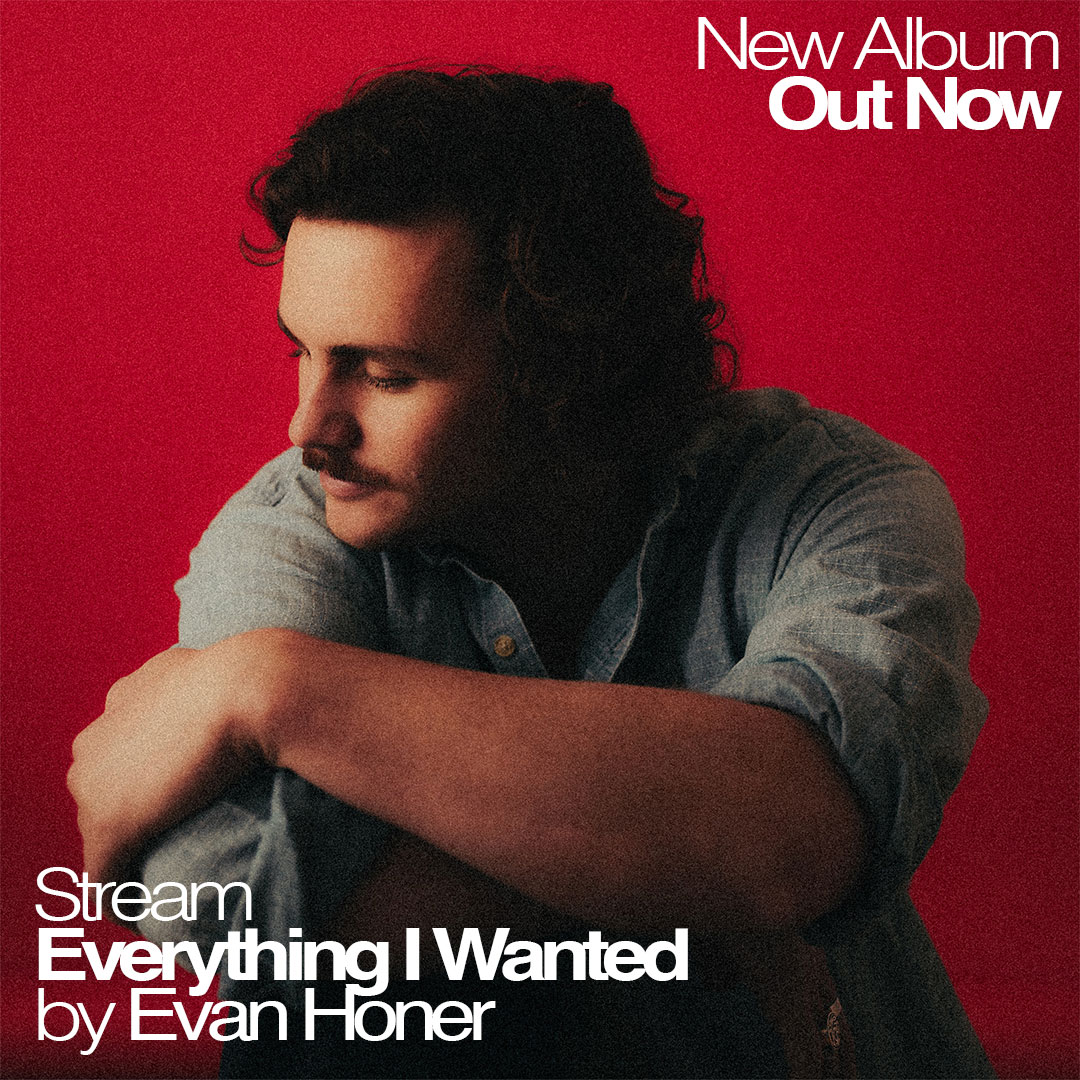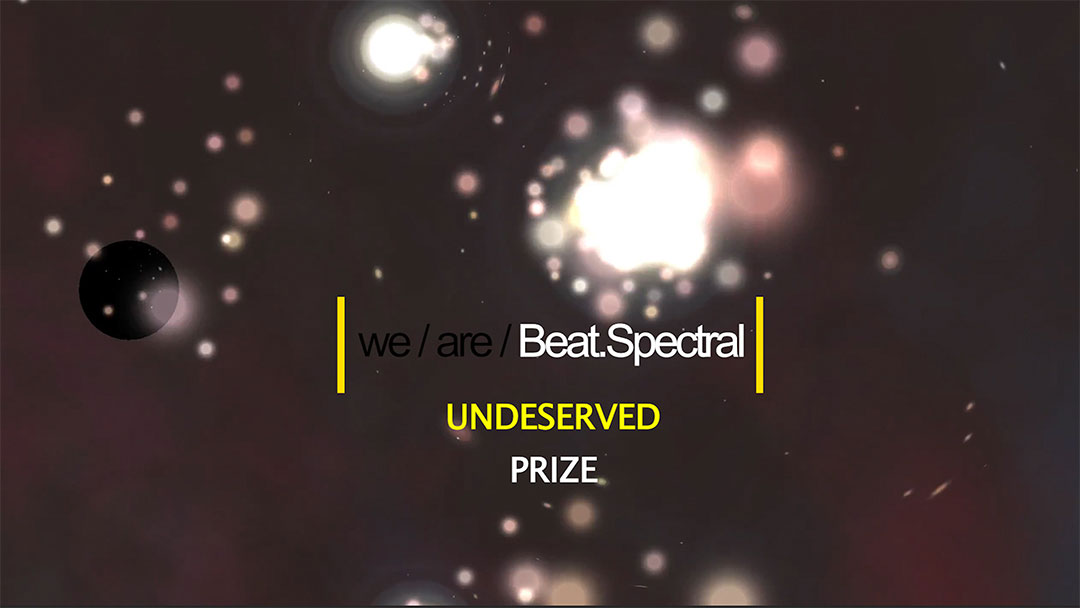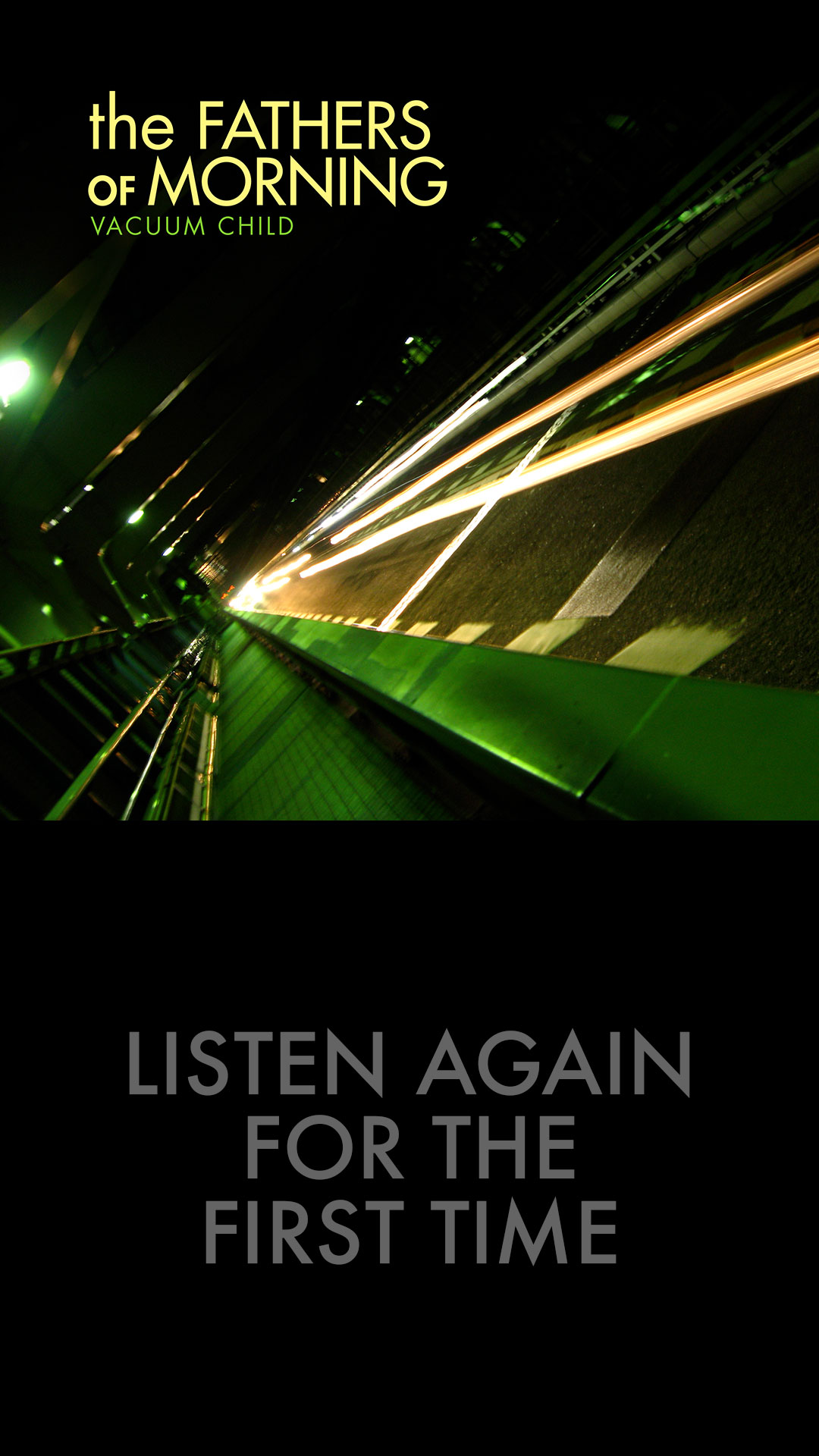
As a ’70s kid growing in Chappaqua, N.Y., Dar Williams actually listened when her “hippie teachers” told her get out and experience the world. A half-century later, the celebrated singer/songwriter’s 13th album proves she has no intention of hunkering down anytime soon. Her first release since 2021’s I’ll Meet You Here, Hummingbird Highway (Righteous Babe) is an elegantly assembled patchwork of richly rendered vignettes depicting a life in motion—whether she’s riffing on the life of a touring musician or assessing the blur of modern life in general.
Williams had plenty to say about the new music in a recent chat with MAGNET’s Hobart Rowland.
How did you draw on your early experience as a playwright to craft and sequence the narrative threads that run through Hummingbird Highway?
When I think of a story coming to life onstage, I imagine the characters, set, direction and costumes. Songs come to life in a similar way, but the setting is melodies, harmonies, rests, repetition, etc. It’s always been a surprisingly easy transition between plays and songs in my head. I believe that every story—a play or a song—has a voice that emerges, sometimes before the characters or the narration: windswept moor, disco, anxious adolescence, the color orange. I look into the voice and then ask myself what’s interesting—to me, at present—that would be right with that voice. The title track, for instance, started with a short line of melody, the beauty of Belize and the excitement of having a colorful traveling life. Soon after, the narrator—the child of the colorful, unstable parent—comes along, and then the tension of loving and even parenting an inconsistent parent.
Hummingbird Highway is a true collaborative affair. Would you offer a few examples of how all that lent itself to the finished product?
As you pointed out, I’m just a theater kid who found a whole career path after going to a lot of open mics in Boston. I welcome all musical partnerships. I played a lot of unfinished material for my friends. I played songs for retreaters the month before I went into the studio and then went line-by-line through them with my retreat staff, which was invaluable.
Producer Ken Rich brought in a talented and equally friendly group of musicians. It was like a fairy tale working with them. He also knew how to translate sounds I’d sing and bring them to life with actual instruments and parts. He had an emporium of instruments—every kind of electric guitar, something called goat’s toes chimes (chajchas) from his grandmother’s back porch, a tuba—all in a Brooklyn basement studio with an amp in the bathroom. Bryn Roberts, my musical collaborator of almost 20 years, came up with a lot of the iconic motifs on the album—like the descending piano part in “All Is Come Undone,” the solos on “Tu Sais Le Printemps” and the organs on “Hummingbird Highway.” He’s like my Steve Gadd, but on keyboards. He defines the sound of the songs.
How have you evolved in the studio over the years, and how did that impact the recording process for Hummingbird Highway?
I’ve learned to say yes more than no, because I realize it’s an honor to hear musicians work out their interpretations of my songs, overriding a voice in my head that says, “That’s not what I heard while I was writing this.” Ken was also way open to listening and considering. I only knew Bryn and (bassist) Mike Visceglia, but I knew the other musicians would be OK with my using eclectic language for what I wanted to hear: colors, movie references, locations. Rich Hinman is a master guitarist and pedal-steel player, so suddenly we had this intersection of a Buddhist monastery and, I don’t know, Texas. I let this unexpected thing grow on me—and I loved it.
“Sacred Mountain” is a great example of how we got to a finished track, because we had to wrestle with some things. There’s a contemplative verse that goes into a hard-hitting chorus. We figured out that transition. We also wanted ambient sounds that didn’t sound like an obvious checklist of “Indian instruments”—but that were hand-operated and/or had the drone of meditation that I associate from the only trip I took to India and Bhutan in 1997.
You’ve been hosting songwriting workshops since 2013. How did that come about, and how has working with others influenced your own songwriting?
I was describing a music-history class I was teaching at Wesleyan University, and my friend Tom Todoroff, who’d been an acting coach and ran a conservatory for years, said, “You love teaching. You’ve got to run a songwriting retreat.”
There’s actually a famous retreat center down the street from me (in New York’s Hudson Valley) called the Garrison Institute. Twenty-five intrepid souls came (to the first retreat), and there was laughter and tears and a lot of songwriting. Now it’s 48 people at each retreat, three times a year. I wrote a book (2022’s How To Write A Song That Matters) of insights gathered from doing the retreat. I was trying to record the non-pushy, somewhat sequential songwriting pedagogy that evolved over a decade of summers. Now I ascribe to that pedagogy—and it works for me. All these fellow songwriters helped me know and define the allegorical journey through a song, complete with what to do when we encounter a sign that says, “Venture No Further.”
“Maryland, Maryland” (about Representative Jamie Raskin being a proud son of the state) is a personal favorite among the new tracks. When it comes to music as a vehicle for protest and change, where do you fall on the continuum?
Someone told a friend of mine that all artists have an “obligation” to write political (commentary) songs in this moment—and I emphatically disagree. With my own songwriting process and that of my peers and my retreaters, we start with the inspiration and follow that inspiration through to a finished song, if we’re lucky. The agency, the poetic landscape and the beauty we access through writing our own songs opens us up to other kinds of creativity—like finding solutions. It also reminds us to appreciate the world. These are important things to embrace in a politically charged landscape.
That said, we can explore and define the political sphere really effectively in art—so if that’s the song you’re writing, that’s great, too. I was walking down a street in Dublin when a line came into my head: “Who’s afraid of the sun? Who would question the goodness of the mighty?” I knew that would be “political,” and it became a song called “Empire.”
One last thing: I think music is how we find one another in the commons, in shared collective space—especially when we make music together. Cultural bonds have often led to and reinforced political bonds, especially for getting out and publicly advocating for other people and our planet. So I see music itself as a political motivator.
See Dar Williams live.













